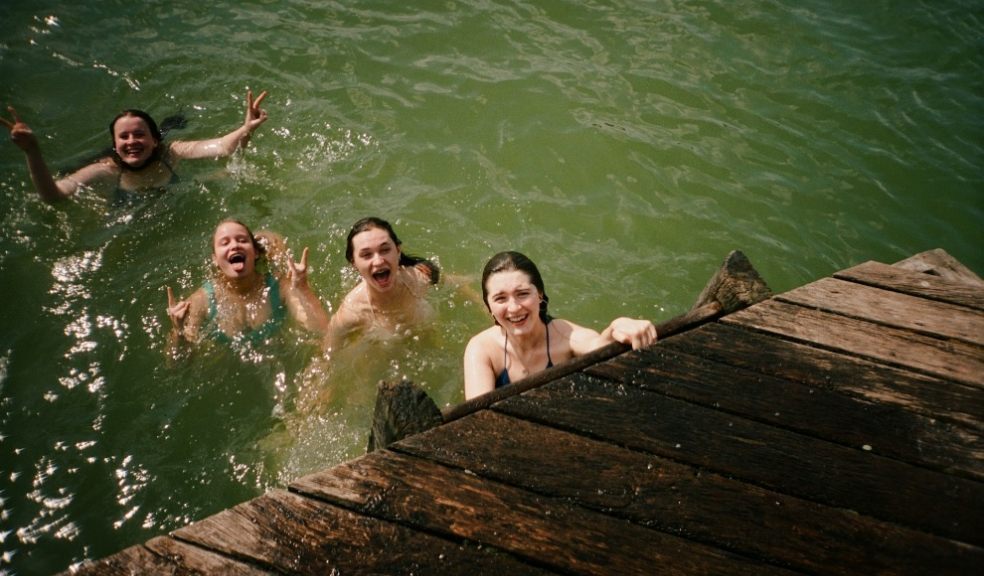
Rising Drowning Risks: Urgent Need for Teen Water Safety Awareness
Summer is half gone, but the teenagers are still enthusiastic to enjoy the waters of the season. Although everybody has a thing for summer waters, the teenagers are the most enthusiastic of them all to rush towards the beaches, pools and lakes. Yes, it's that time of year when water enthusiasts, especially teens, rush towards aquatic settings, looking for fun and adventure. However, this age group is the most exposed to risks and accidents in water, as the excitement level of this age group does not care much about safety rules.
Drowning has become one of the most significant causes of accidental death, especially when involving water during the summer. The number of deaths from drowning includes toddlers; however, teens account for a high number of these deaths. It is typical for teens to exaggerate their swimming ability, mostly related to alcohol consumption and a lack of responsible decision-making regarding water safety.
It will be important that teens have the knowledge around water safety, practical skills, and responsible behaviors in the water in order to stay safe. In this article, we will examine the water hazards that are responsible for the majority of teen deaths and for more detail you can click here.
Gaining Insight into Teenage Unique Hazards
Teenagers are invincible, at least in their minds; they are unconquerable, which leads them to take unnecessary risks. The children are kept under supervision by the adults around them, but the teens do not like being supervised and like to swim alone and have some adventures while swimming, which adults would not allow.
This adventurous mind, especially in boys, leads them to poor judgments that are not supported by their physical ability. The open waters are the most dangerous, particularly when there is no supervision by lifeguards. The open waters include oceans, rivers and lakes that need special knowledge before taking a plunge into them. You need to know the water temperatures, types of currents in that area and how deep or shallow the waters are.
The Significance of Supervising and the Buddy System
As we discussed above, the teens are the most vulnerable to the water hazards and become victims of drowning; taking precautions to avoid any disasters before they happen is crucial. One of these safety measures is to always be with someone. It can be a friend, a family member or a lifeguard supervising you lifeguard classes.
Parents can play a significant role in developing a habit for their teens to stay in a designated area specified by the lifeguards. They can also encourage their teen kids to be in the company of a buddy when going to the water instead of going alone. Making sure that the water facilities are watched over by the professionals is one of the essentials for water safety when there is a group activity outdoors. This is one of the most responsible things to do when having your teens in open waters.
Lifejackets: Not Negotiable in Open Water
Lifeguards save lives, and so do life jackets, especially when swimming alone. Life jackets are one of the essential water safety gear in open water. Outdoor water activities such as boating and water sports require it to be mandatory to wear a life jacket, with or without lifeguards guarding the waters.
With life jackets on, you must feel confident and safe in the water. People who just rely on arm floaties or other flotation devices are never ready for emergencies. One of the big reasons for being a victim of a water hazard is being overconfident in your physical ability alone, overlooking the safety measures before getting into the water.
Lifeguard classes: Empowering Teens with Lifesaving Abilities
At some point as a teen, you should evaluate the option to take a few focusing on their lifesaving techniques that will make you confident in the water and able to help someone if needed. You could learn various necessary water safety skills like rescue techniques, CPR, and first aid that could help gain a career opportunity. Teenagers can complete the lifeguard training.
You could learn skills like hazard assessment, enforcement, rescues for both conscious and unconscious individuals, and communication. Several organizations are offering lifeguard training programs for teens to take advantage of so they can secure a career.
Teenagers can complete the lifeguard training to make a career to becoming water safety providers, but it is important to note that the course has to be from an association that has stature, like the American Lifeguard Association, so teens can be taught to use lifesaving devices and equipment like defibrillators and rescue tubes.
With the correct strategy, real training and accountability, youth can enjoy and maximize their summer while taking into consideration their water safety. We want to allow for all the fun, and responsible, confident participation in water recreation activity, through promoting awareness, inspiring action and eventually a water safety culture.



















